The signs of verbal abuse are usually invisible to the outside world. Even though it’s not physical, it can take a heavy toll on the life of an individual.
Verbal, emotional and mental abuse eats you alive from the inside out. Abuse can do heavy mental damage and cause mental illnesses like depression, anxiety, and PTSD. Those illnesses have visible symptoms, but after developing the illness, no one but your closest friends may notice. (If you still have friends after being isolated!)
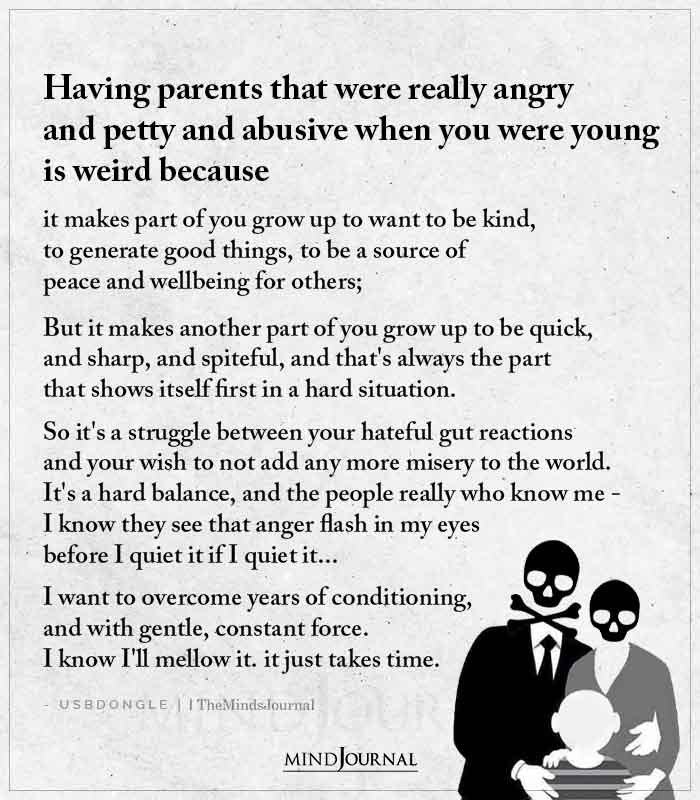
So, the signs of verbal abuse are often felt instead of seen.
Abusers are very conscious of what they do to you. If they didn’t know what they did, abusers would fix their words and behaviors. Especially after you point them out. Healthy people don’t want to hurt others. Hurting others is how abusers survive.
Because the abuser knows what he’s doing, your partner expects you to be silent about the problems you have at home. Abusers want to project a happy family image. If you appear unhappy or talk about why you’re unhappy with outsiders, the abuser gets embarrassed (and mad at you).
Many, if not most, controlling people have an “adoring public.” People at church, work, PTA, in the neighborhood and in the community at large may think your abuser is the bees knees. The abuser often uses his stature in society as a means to further control and isolate you.
Read 10 Common Patterns Of Verbal Abuse To Watch Out For
Who would believe you if you told about how he acts at home? If you thought, “No one” then your abuser has effectively isolated you to the point of despondency.
Your abuser knows some of the signs of verbal abuse, so you are not allowed to show them. Outside of the house, you’re expected to be happy. To be a good parent. To have beautiful, smart, popular children. The abuser expects to see you happy because if you aren’t, people may wonder about the abuser. We can’t have that, now can we?
Symptoms and Signs of Verbal Abuse
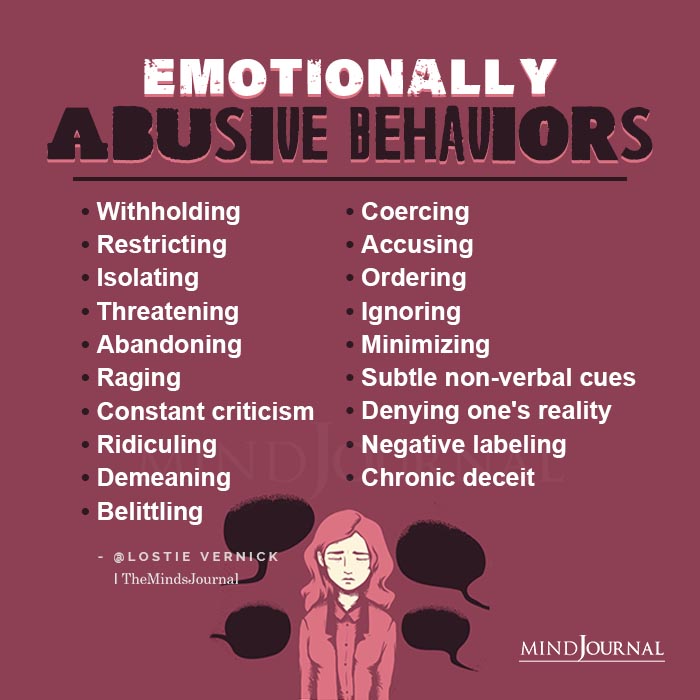
The thoughts and feelings victims of abuse often feel are cumulative, built on doubt and humiliation over time. Verbal abuse is sneaky, hidden in the words of someone who says he loves you. It takes a while, sometimes a long while, for victims to notice how they’ve changed into a traumatized and pained shadow of their former selves.
There are some common symptoms and signs of verbal abuse that victims share. They’re internal and unseen by any outsider the abuser brings near his happy family.
- You feel as if you are paraded about like a silent trophy when you attend group functions for the abuser’s work or activities. You’re afraid to say much of anything while out for fear of retribution for saying the wrong thing.
- You distrust your ability to make sound decisions for yourself or family; you go along with your abuser’s poor decisions without much resistance.
- You feel uneasy or anxious much of the time; you may jump at small recognizable sounds or feel your heart pounding for no understandable reason.
- You do not get excited over much of anything; if you are excited over a positive event, then that excitement doesn’t last long because you begin to wonder how to present the news to your abuser in order to get the best possible reaction from him.
- You think that you are crazy; you feel that you need professional help to overcome your problems.
- Your internal voices are critical, judgmental, overpowering at times, and abusive; you hear the abusive words and phrases he speaks to you in your own internal dialogue.
- You keep telling yourself it will be better when he retires, the children are grown, he gets that promotion, he finishes that project, after lunch, … . You constantly wait for the good times.
- You believe that one day your abuser will realize how good of a spouse you’ve been and will be sorry; the abuser will do a complete 180 culminating in his admiration and respect for you. This belief is hard to shake because of the nice times in which your abuser stops his abusive behaviors long enough to allow you to think “It’s different this time” (a.k.a. the honeymoon period).
Related: The 7 Types of ‘Quiet’ Verbal Abuse That Are Hard To Notice
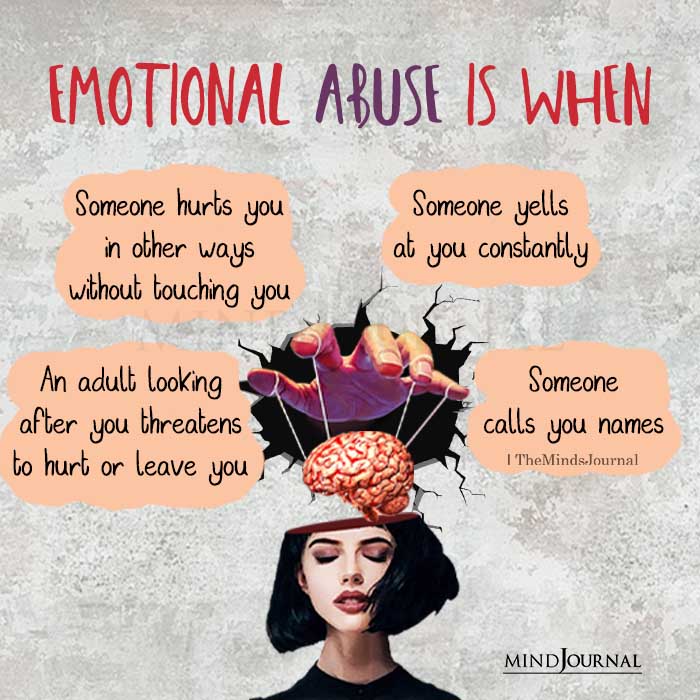
Read Verbal Abuse Disguised As Jokes
Health Problems Caused by Verbal Abuse: Chronic Stress
No one in this world can know what you think or feel unless you tell them (telling your abuser doesn’t count – he doesn’t care). If you recognized yourself in the list of signs of verbal abuse, then it is up to you to change your thinking. What you think is killing you.
If you continue living in abuse, you will stress your body and mind in ways so twisted that you no longer see his abuse as stressful. Abuse becomes normal.
Your abuser doesn’t have to work as hard to control you when you are preoccupied with thinking that you are good for nothing, not abused, and not under stress. If your abuser succeeds in turning your thoughts around to the point where you no longer blame him but instead blame yourself, then his work is a whole lot easier.
Chronic stress caused by verbal abuse or any kind of abuse can lead to or cause a number of physical diseases:
- Heart problems
- Immune system deficiencies
- Muscle and joint pain
- Stomach issues
- sexual and reproductive problems
- Lung troubles
- Skin/Complexion issues
Read The Connection Between Verbal Abuse And Anxiety that no one talks about
The signs of verbal abuse can lead to disease, physical and mental, that could kill you. It’s your choice whether you allow that to happen or not. Your thinking patterns feed your disease, so the best thing to do is change what you think.
You cannot change your abuser, you can only change yourself.
If you want help on how to deal with verbal abuse, here’s a video for you:
Written By Kellie Jo Holly
Frequently Asked Questions (FAQs)
How to deal with verbal abuse?
Some of the ways of dealing with verbal abuse is learning about the steps to take against the person abusing you – from calling them out for their behavior to establishing boundaries.
How to stop verbal abuse?
Some of the ways of stopping verbal abuse is to remain calm, enforce firm boundaries and even if it doesn’t end, the best thing is to walk away and end the relationship.
What is verbal abuse from a parent?
Verbal abuse from parents can come in many forms such as criticism, name-calling, belittling, comparing one child to another, rejecting or threatening with abandonment, etc.

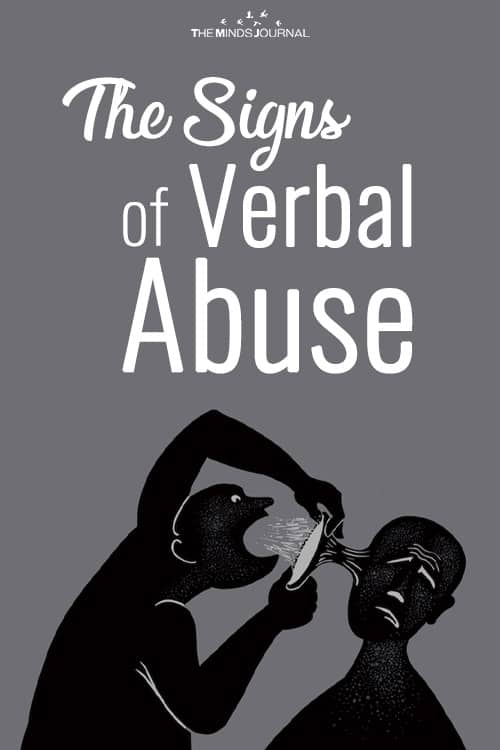


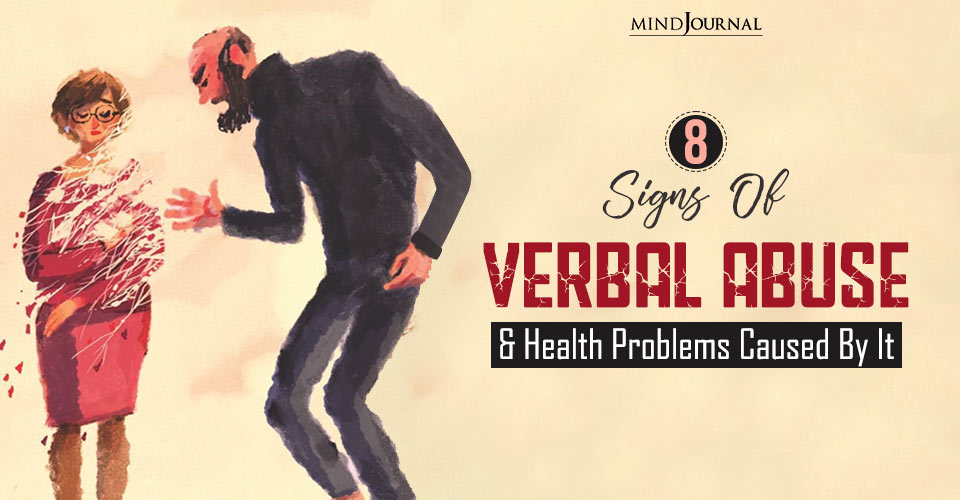
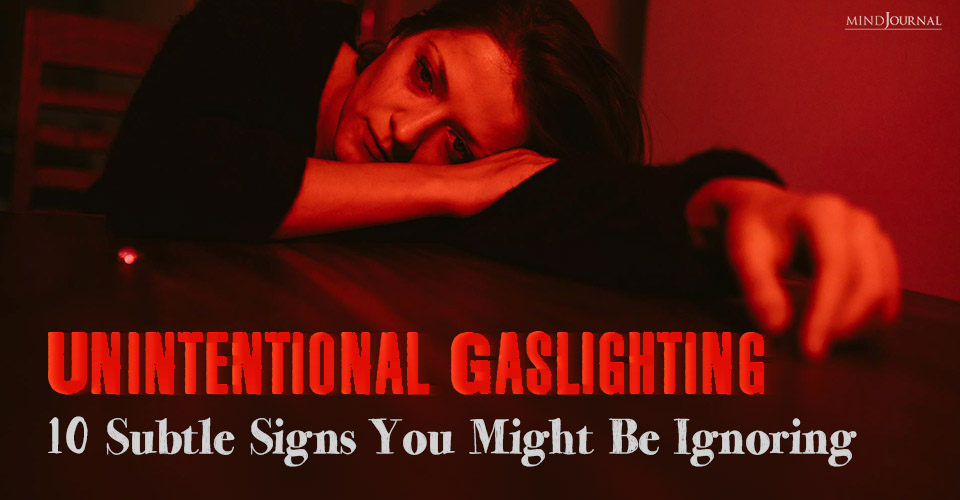






Leave a Reply